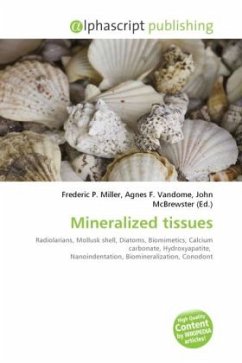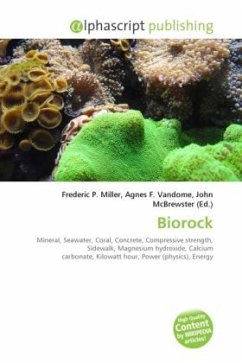The cytosol or intracellular fluid (or cytoplasmic matrix) is the liquid found inside cells. In eukaryotes this liquid is separated by cell membranes from the contents of the organelles suspended in the cytosol, such as the mitochondrial matrix inside the mitochondrion. The entire contents of a eukaryotic cell within cell membrane, minus the contents of the cell nucleus, are referred to as the cytoplasm. In prokaryotes, most of the chemical reactions of metabolism take place in the cytosol, while a few take place in membranes or in the periplasmic space. In eukaryotes, while many metabolic pathways still occur in the cytosol, others are contained within organelles. The cytosol is a complex mixture of substances dissolved in water. Although water forms the large majority of the cytosol, its structure and properties within cells is not well understood. The concentrations of ions such as sodium and potassium are different in the cytosol than in the extracellular fluid; these differences in ion levels are important in processes such as osmoregulation and cell signaling.
Bitte wählen Sie Ihr Anliegen aus.
Rechnungen
Retourenschein anfordern
Bestellstatus
Storno








